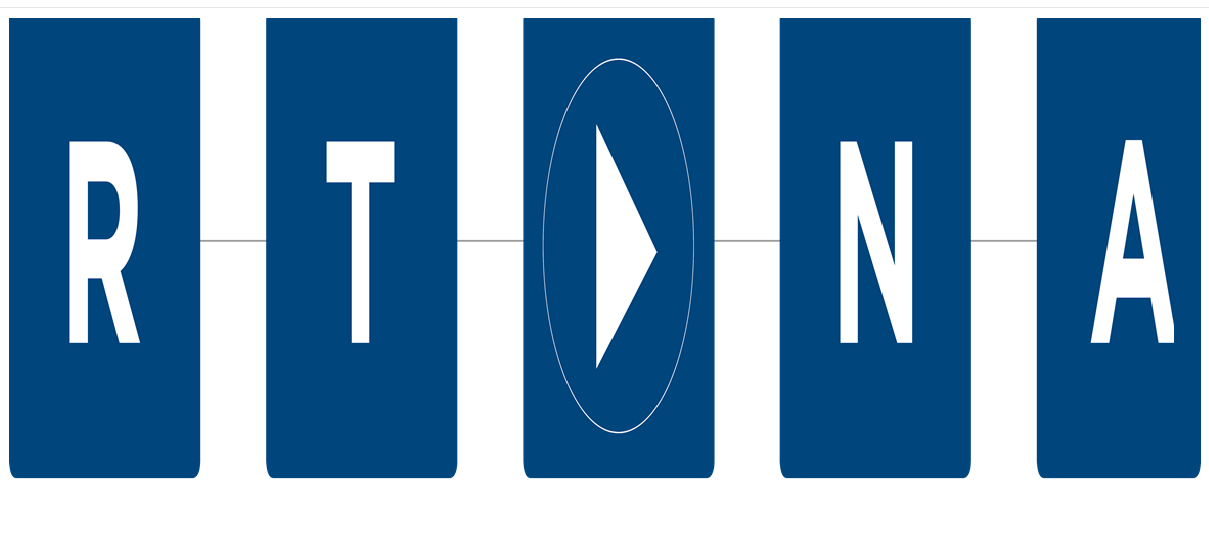RTDNA's Shelley: Defend Yourself AND the News
The smarter way to stay on top of the multichannel video marketplace. Sign up below.
You are now subscribed
Your newsletter sign-up was successful
Radio-Television Digital News Association executive director Dan Shelley is advising the group's members to protect themselves while continuing to do their jobs, a job that includes better explaining to their viewers and listeners how they collect and verify the news they report.

That came in a blog post in the wake of the Capital Gazette shooting June 28 that took the lives of five staffers and wounded others. According to Shelley it was also prompted by a June 27 Axios/Survey Monkey survey that found that 92 percent of Republicans say “traditional news outlets knowingly report false or misleading stories at least sometimes.”
Shelley wrote that journalists should speak out to the public about the public service news organizations provide, but also must take steps to protect the safety of their reporters and photojournalists, including self-defense training and extra security measures."Do you send one-person multi-media journalist crews into dangerous areas? If so, stop," he writes.
Shelley says he had feared that the gunman had been motivated by the current "vitriolic ideological and political environment," and that while it appeared the motivation was "a long-running personal vendetta against that specific newspaper," that still underscored his frequent admonition in these turbulent times to "watch your backs, but don’t back down."
Shelley also advised news execs to explain to their viewers and listeners the process journalists go through before a story makes it to air. "Now, more than ever," he says, "particularly in light of the June 28 Capital Gazette attack and the June 27 AXIOS/Survey Monkey poll results, we as responsible journalists must double down on reconnecting with news consumers with transparency, and we must hold ourselves publicly accountable for any mistakes we may make."
The smarter way to stay on top of the multichannel video marketplace. Sign up below.
Contributing editor John Eggerton has been an editor and/or writer on media regulation, legislation and policy for over four decades, including covering the FCC, FTC, Congress, the major media trade associations, and the federal courts. In addition to Multichannel News and Broadcasting + Cable, his work has appeared in Radio World, TV Technology, TV Fax, This Week in Consumer Electronics, Variety and the Encyclopedia Britannica.

